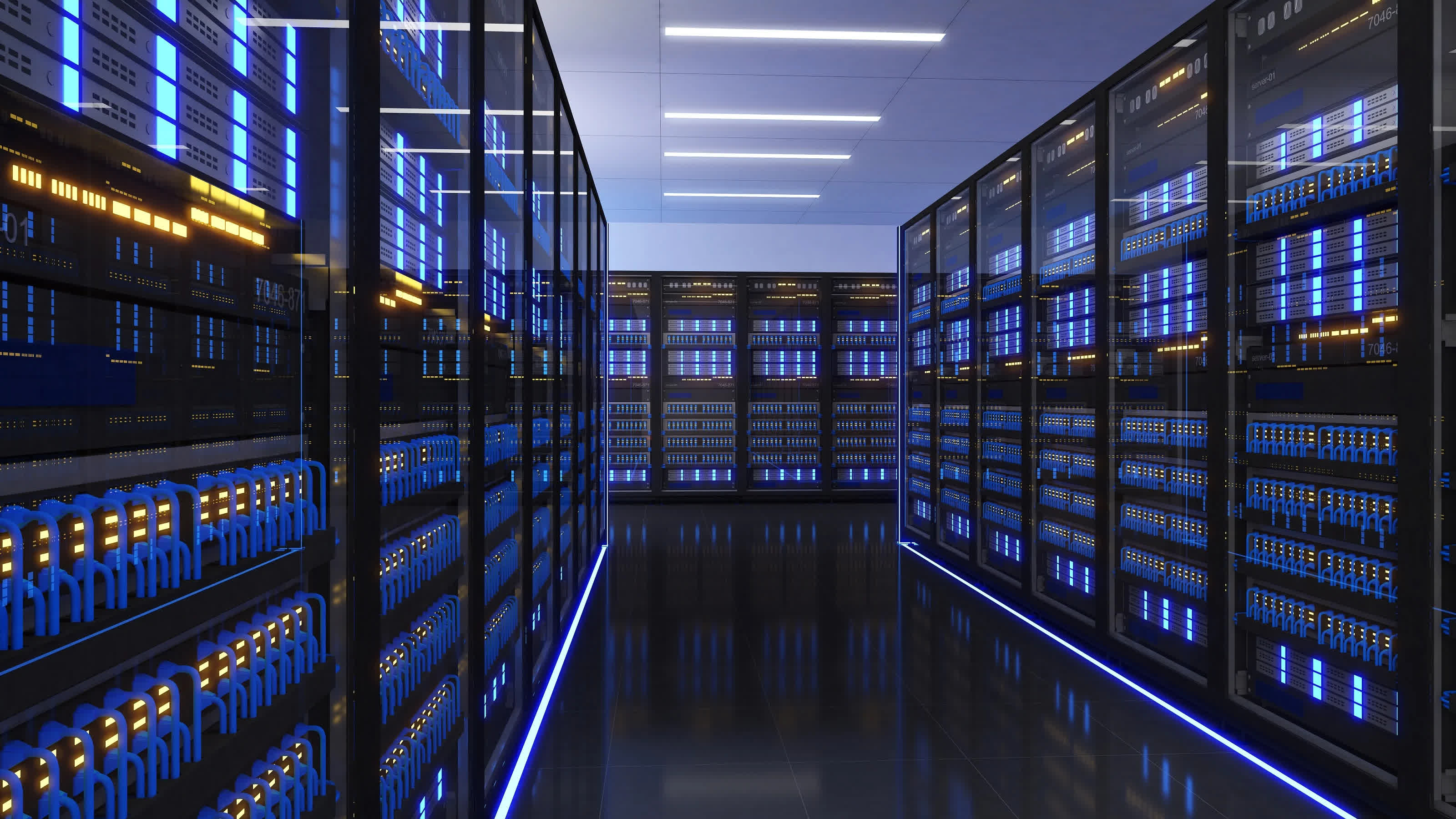PriyaWalia
Posts: 17 +1
Recap: Ride-hailing giant Uber plans to move away from its own data centers and shift to cloud services offered by Google and Oracle. The move is unusual because Uber has historically relied on its own server hardware, however the company is opting for a new strategy after suffering post-pandemic supply chain disruptions and longer IT hardware delivery timelines.

Uber has struck agreements with Oracle and Google to migrate 95% of its data center contents onto the cloud, with plans to leverage additional services such as Google Ads, the Google Maps platform, and database service Cloud Spanner. Both agreements would last seven years. Uber's transition to the Google Cloud Platform (GCP) and Oracle Cloud Infrastructure (OCI) will enable the company to improve its efficiency and scalability while reducing costs significantly. The transfer should be concluded "within a few years," Uber CEO Dara Khosrowshahi said.
Interestingly, Google and Oracle's cloud offerings are not the leaders in the sector falling behind Microsoft's Azure and Amazon's AWS in market share. Under the agreement, Uber will transfer its data and apps to Google Cloud to modernize its infrastructure and utilize Google Cloud services, which include artificial intelligence, machine learning, security, and microservices.

The partnership between Oracle and Uber is reciprocal. Oracle is signing on as a global Uber for Business client, selecting Uber as its preferred ridesharing service for its employees' international travel and dining. The two companies have also pledged to work together to develop new retail and delivery solutions. "To deliver on [our] promise for customers while building value for shareholders, we needed a cloud provider that will help us maximize innovation while reducing our overall infrastructure costs," Uber CEO Dara Khosrowshahi said in a statement.
Although Uber likely operates at a different scale, just recently Ruby on Rails creator and Basecamp maker, 37signals was announcing they were leaving the cloud due to the sheer annual cost of running on rented hardware. According to Barron's, analyst Derrick Wood estimated that the Oracle deal is likely worth more than $1 billion.
Kamran Zargahi, Uber's senior director of technology strategy, told The Wall Street Journal that moving to a cloud provider will lessen the firm's reliance on hardware supply chains and allow it to take advantage of certain cybersecurity defenses and compliance standards.
https://www.techspot.com/news/97603-uber-shut-down-own-data-centers-strikes-cloud.html